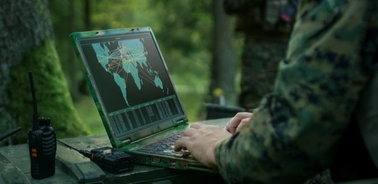- Home
- News And Events
- News
- Understanding The Transformation Of Warfare
Understanding the Transformation of Warfare

The Center for the Governance of Change is launching "Non-Military Warfare and Governance", a research program that will analyze how the character of modern conflict is being transformed by technological innovation, cyber-attacks, or disinformation. The project also aims to identify policy implications and challenges for governments and formulate recommendations.
Over the last decades, the way we have understood conflict and war has witnessed a notable change. Warfare had traditionally been understood as armed, physical violence. However, today the majority of confrontations between great powers do not involve open military conflict. Instead, other technological tactics or the involvement of non-state actors have emerged as key means of great power conflict.
In attempts to come to terms with this new paradigm, a wide array of new concepts such as hybrid warfare, gray zone conflict or the technological arms race have proliferated. They are all seeking to come to terms with how conflict has broadened. Today, technology permeates all aspects of the economy and society. This has expanded the opportunities for malign influence.
This project brings together leading experts in different fields of security studies to study theoretical questions such as who is a participant, what is victory, and what is the relation between military and non-military means in modern conflict. The lines of research will include different areas of warfare today, such as the cyber warfare, the evolution of political warfare, technology and statecraft, economic coercion, intelligence in the 21st Century and more.
This project will be led by Oscar Jonsson, Academic Director of the Center for the Governance of Change, will be financed by the Swedish Civil Contingencies Agency (MSB) and hosted at the Swedish Defence University (SEDU) and the Center for the Governance of Change (CGC) at IE University.